Engage your students in this rhyme recognition activity that awards points for correctly identifying rhyming pairs.
One, two, buckle my ______.
We all scream for ice ______.
Jack and Jill went up the ______.
Even with missing words, it’s likely that you remember how these phrases end. That’s because, for many of us, these simple childhood verses are embedded into the deepest recesses of our brains, representing our earliest exposures to rhyming words.
Bring Rhyming Practice off the Page & Into Your Students’ Ears
Rhyming is a building block used to teach students phonological (phoneme) awareness. By looking at rhyming words, students learn about and identify word families (cat, hat, bat, etc.). They also discover how different letters and letter pairs can share the same sound (c and s, or f and ph, for example). Additionally, rhyme recognition activities help students build a budding vocabulary while improving essential reading comprehension and listening skills.
In our Rhyme or BUST! game, students will read sets of words out loud and decide if they rhyme or not, earning points for correctly identifying matches.
How to Set up Rhyme or BUST! For Your Students
This rhyming pairs game can be used as a station activity for your reading center, with a teacher-guided small group, or as part of your full-class lesson.
To play the game, split the players into 2–4 teams and choose an appropriate scorecard for the number of teams you have. Player 1 draws a card, reads it out loud, and decides if the pair of words on the card rhymes or not. If it is, they earn a point. If it is not, it is a BUST, and no points are given. Play continues until all of the cards have been used. The player (or team) with the most points at the end wins!
Add Extra Challenges to Build Minds for Rhymes
Looking for ways to take this rhyming card game to the next level? Here are a few ideas to stretch your students’ imaginations and vocabularies:
Sentences or BUST
To practice putting words into their proper context, ask students who correctly identify rhyming pair cards to use the words in a sentence. Award an extra point if they can give you a clear sentence with both words. (Example: The pot is too hot to touch.)
Un-BUST
Help students who go bust to catch up. If the card a player selects is NOT a rhyming match, ask them to pick one of the words in the set and suggest a word that does rhyme for a point.
Rhyming BOOM
If the player correctly identifies a rhyming pair, ask them if they would like to add a third word to the set. Give the team another point!
Prepare This Resource for Your Students
Print this game using cardstock for added durability and longevity.
Cut out the cards and put everything into a folder or envelope as a center activity. Or add it to your classroom games area.
Before You Download
Use the drop-down icon on the Download button to choose between the PDF or Google Slides version of this resource.
This resource was created by Lauren Piper, a teacher in Illinois and a Teach Starter Collaborator.
Before you go, be sure to check out more rhyming activities we’re sure your students will love:
[resource:4640988] [resource:4690156] [resource:3300406]
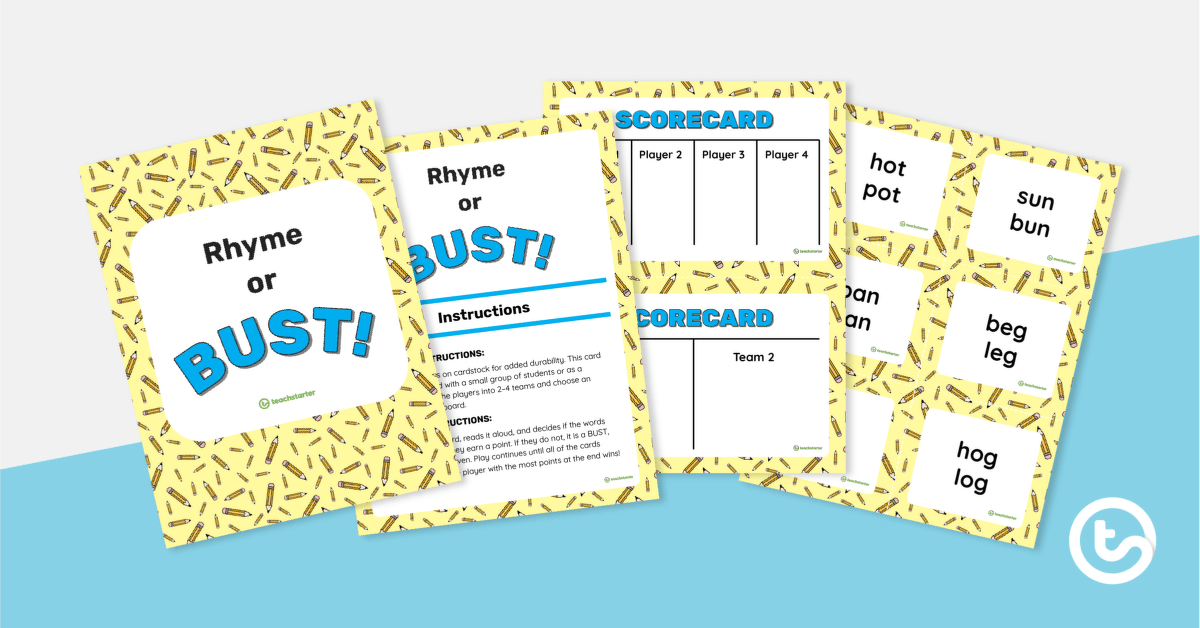

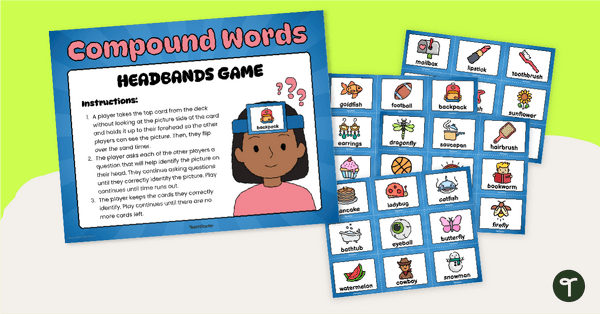
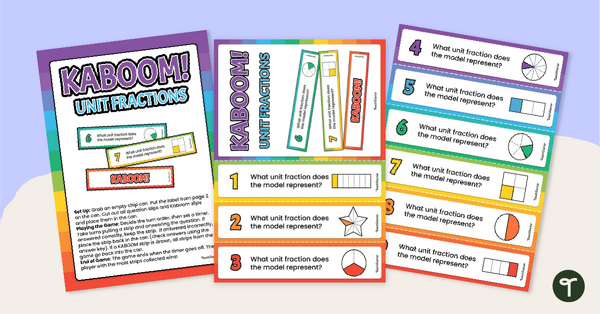
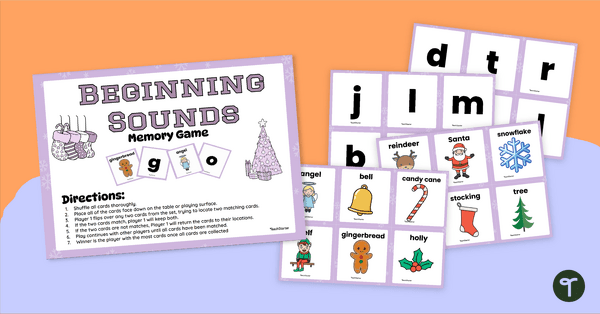
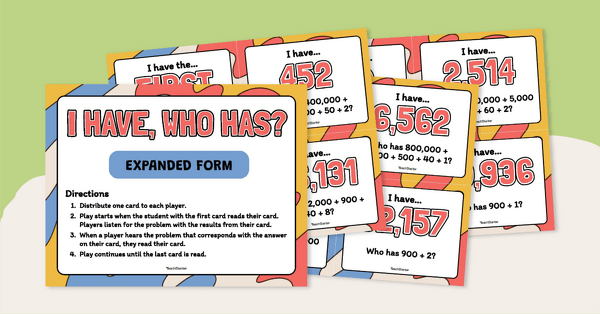
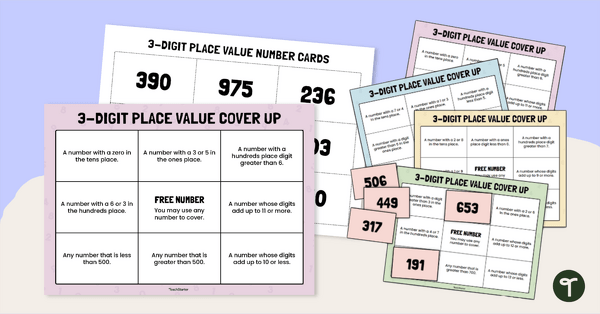
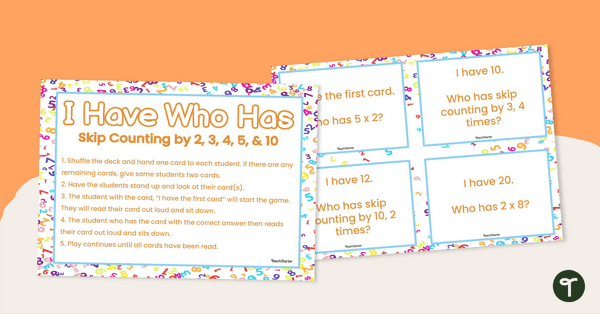
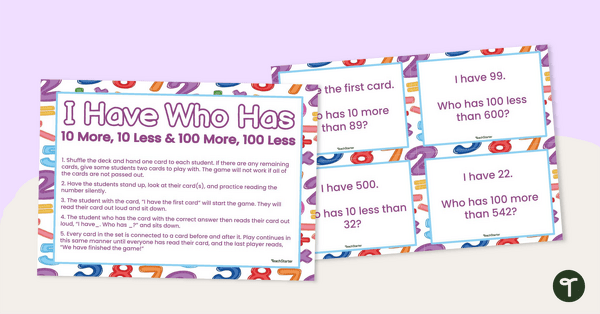
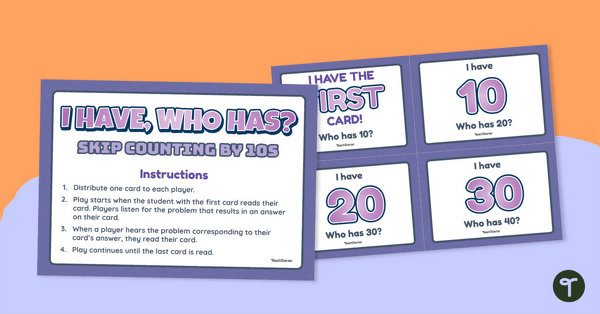
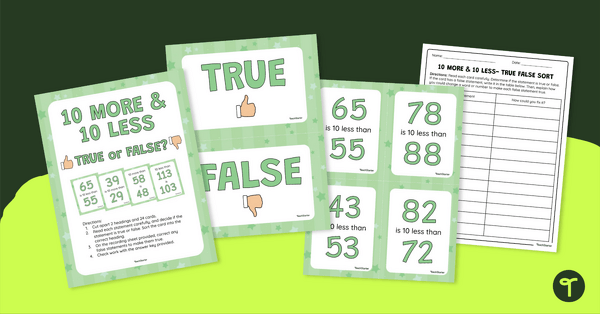
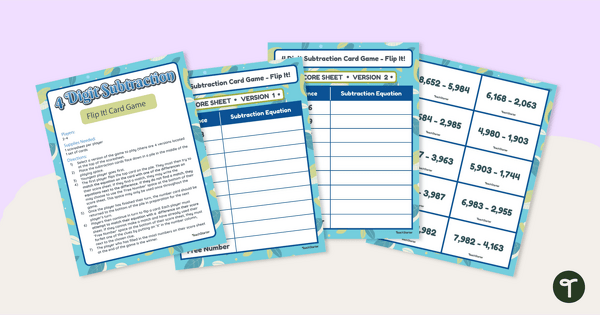
0 Comments
Write a review to help other teachers and parents like yourself. If you'd like to request a change to this resource, or report an error, select the corresponding tab above.